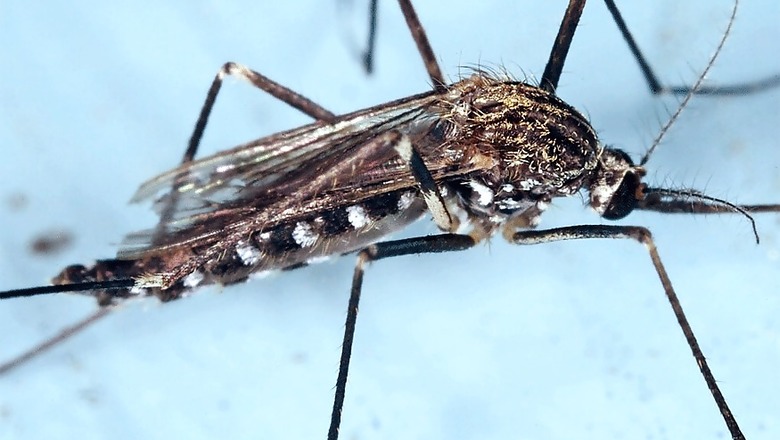
views
Since Zika erupted on a large scale in mid-2015, more than 1.5 million people have been infected, mostly in Brazil and other countries in South America. Some 70 countries have been impacted.Here’s all you need to know about the deadly virus:
- The virus has been linked to a devastating birth defect called microcephaly in which babies are born with abnormally small heads and brains that have not developed properly. The WHO said a direct causal relationship between Zika virus infection and birth defects has not yet been established but is strongly suspected.
- Given an estimated 80 percent of people infected have no symptoms, it can be hard to tell if a pregnant woman has been infected. Research by Brazilian authorities indicates the greatest risk of microcephaly appears to be associated with infection during the first trimester of pregnancy.
- The virus is transmitted to people through the bite of infected female Aedes mosquitoes, the same type of mosquito that spreads dengue, chikungunya and yellow fever.
- One case of possible person-to-person sexual transmission has been described but the Pan American Health Organization (PAHO) said more evidence is needed to confirm whether sexual contact is a means of Zika transmission
- PAHO has said there is currently no evidence the virus can be transmitted to babies through breast milk.
- PAHO said Zika can be transmitted through blood, but this is an infrequent transmission mechanism.
- Efforts to control the spread of the virus include eliminating mosquito breeding sites and taking precautions against mosquito bites such as using insect repellent and mosquito nets.
- People who get Zika virus disease typically have a mild fever, skin rash, conjunctivitis, muscle and joint pain and fatigue, with symptoms normally lasting for two to seven days. Most people never develop symptoms.
- There is no treatment or vaccine available for Zika infection. The World Health Organization has said no vaccine is likely to be available until 2020.



















Comments
0 comment